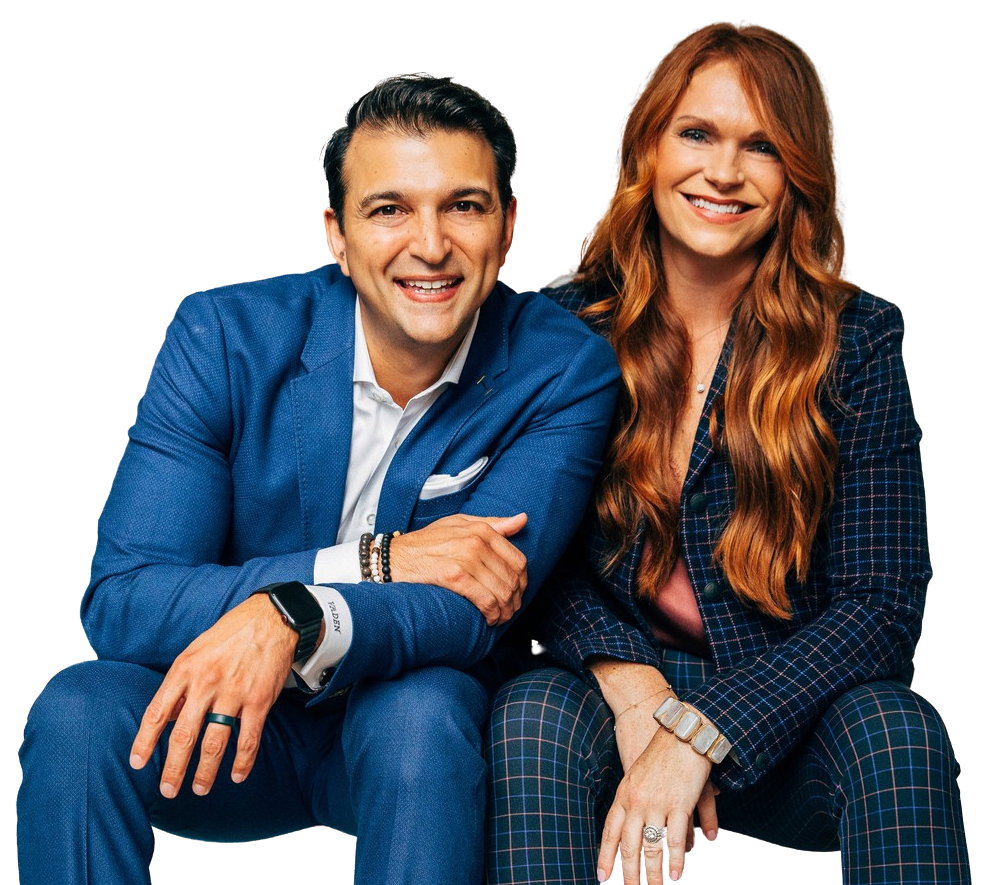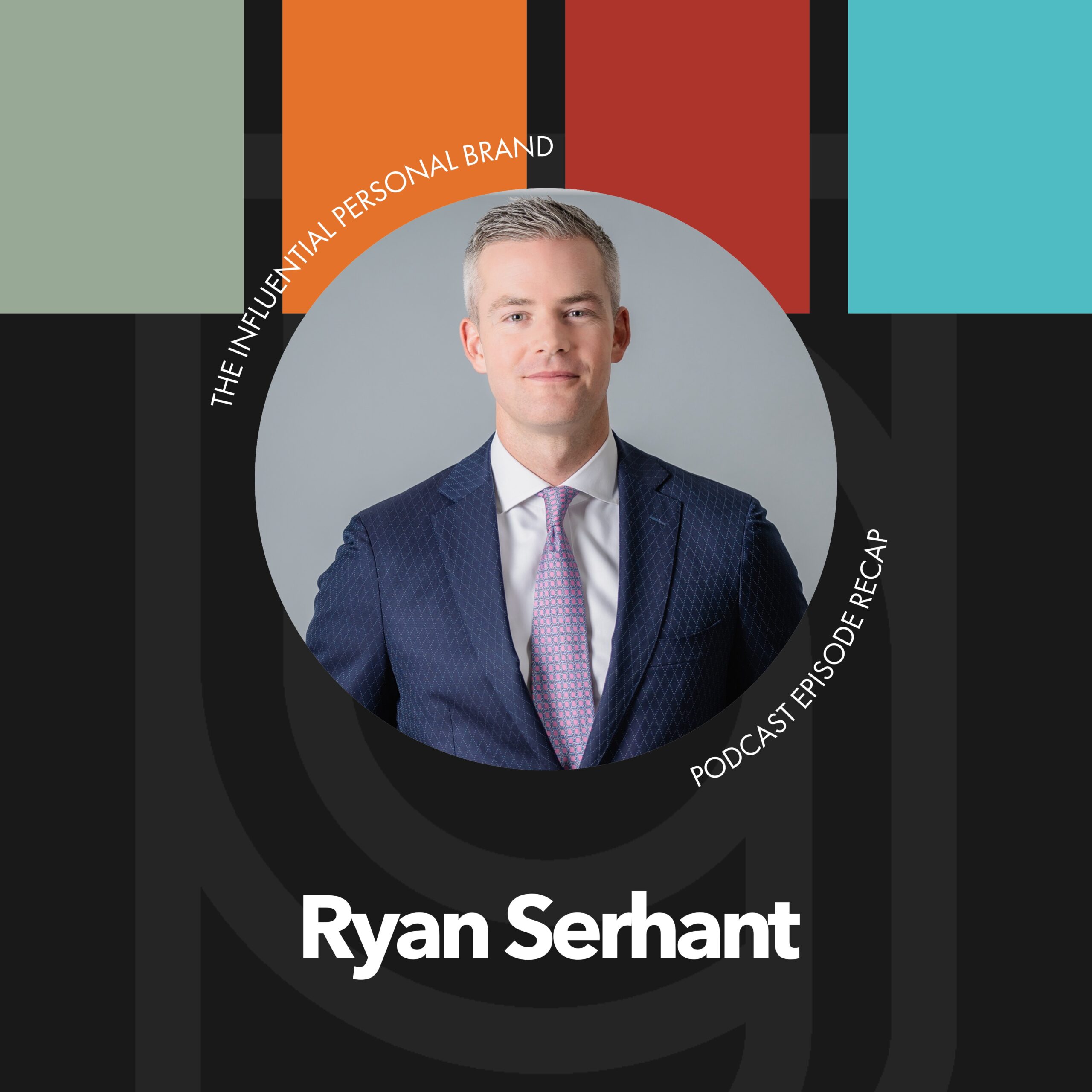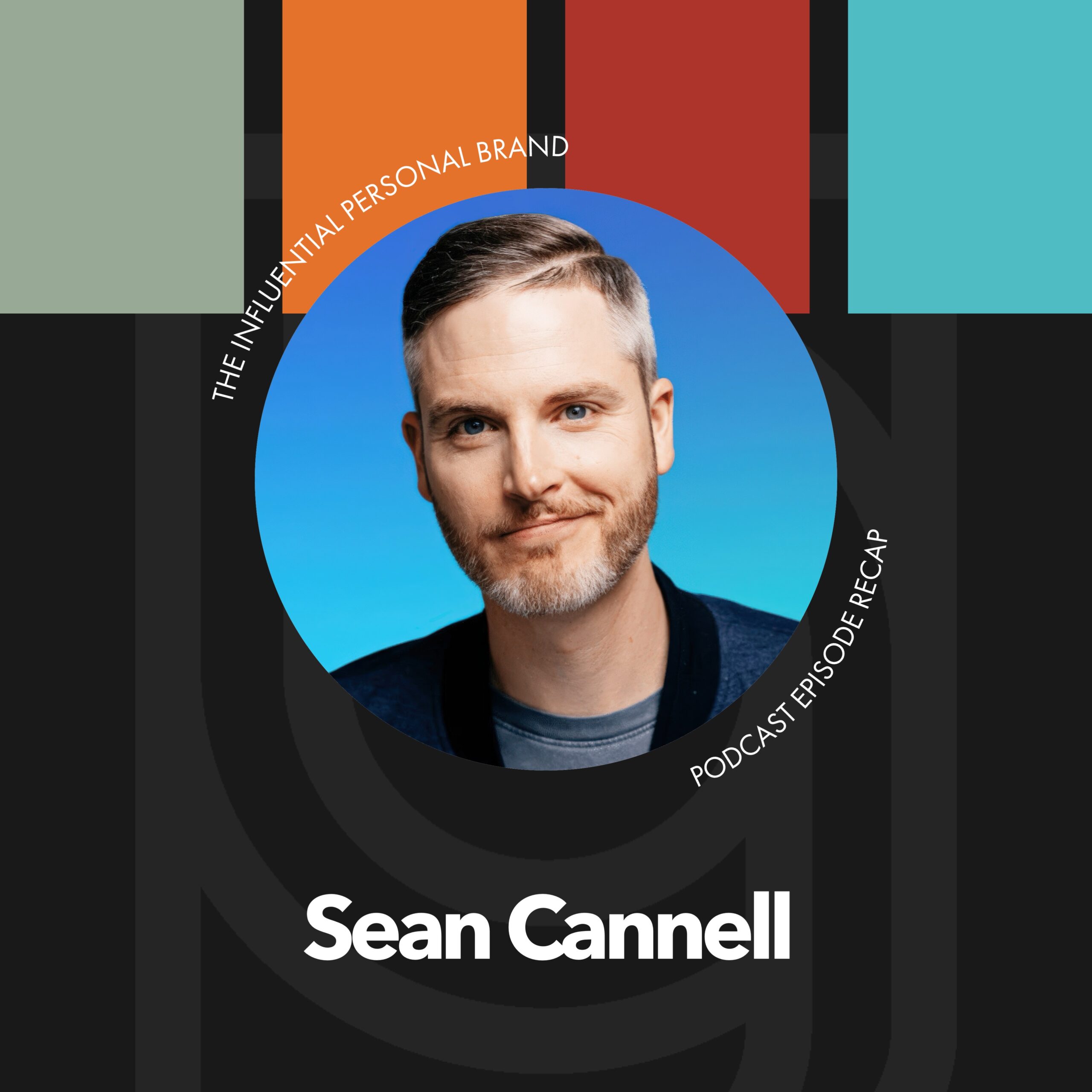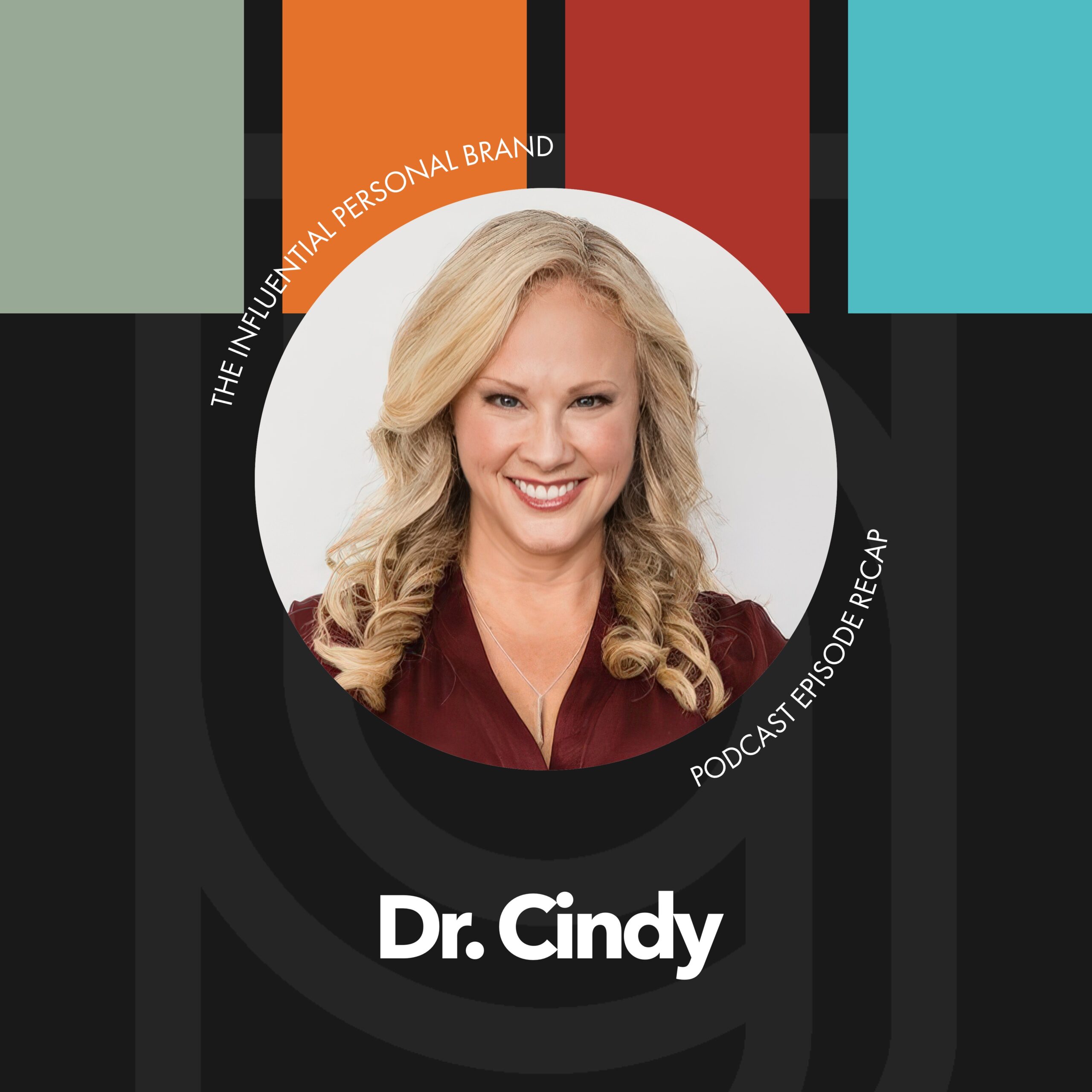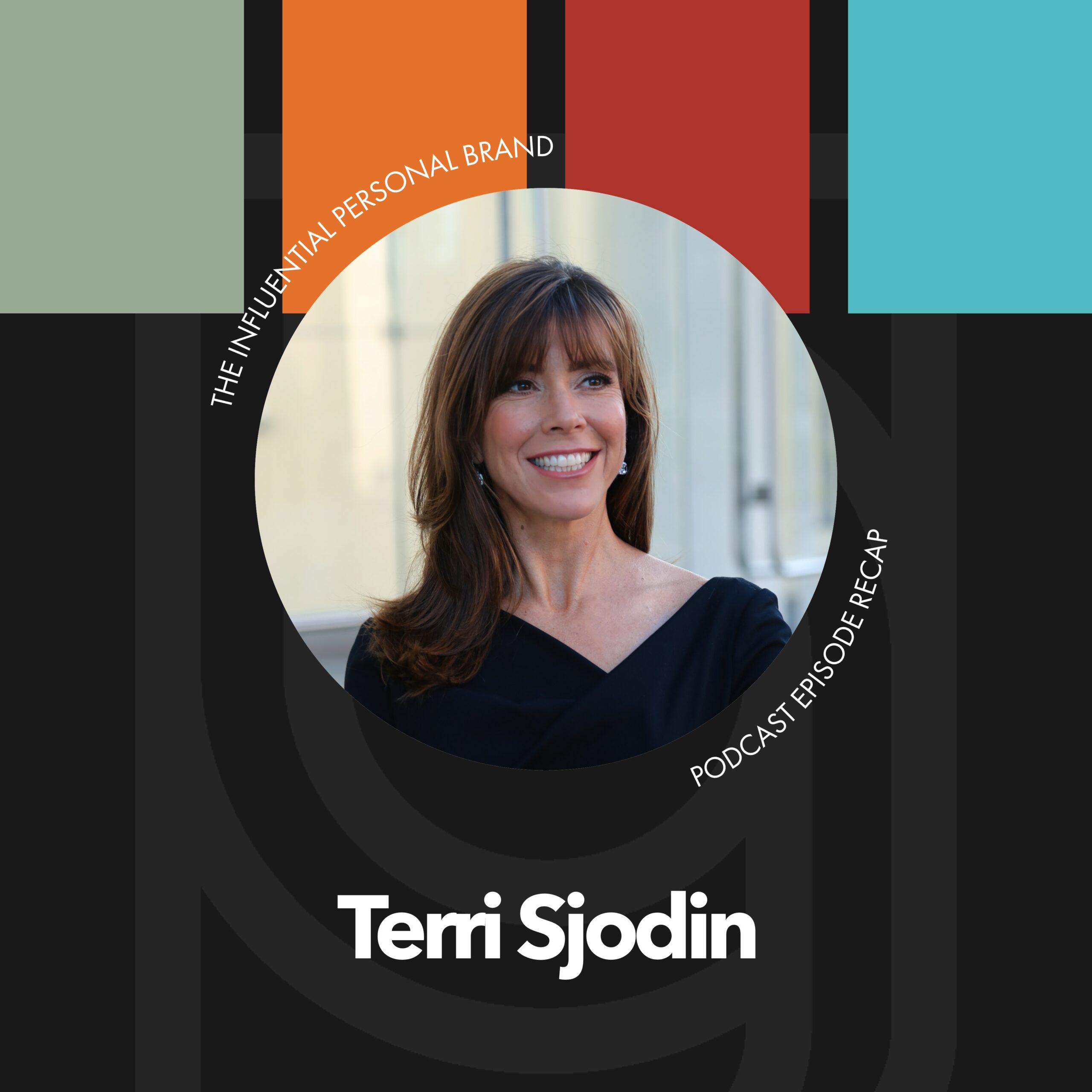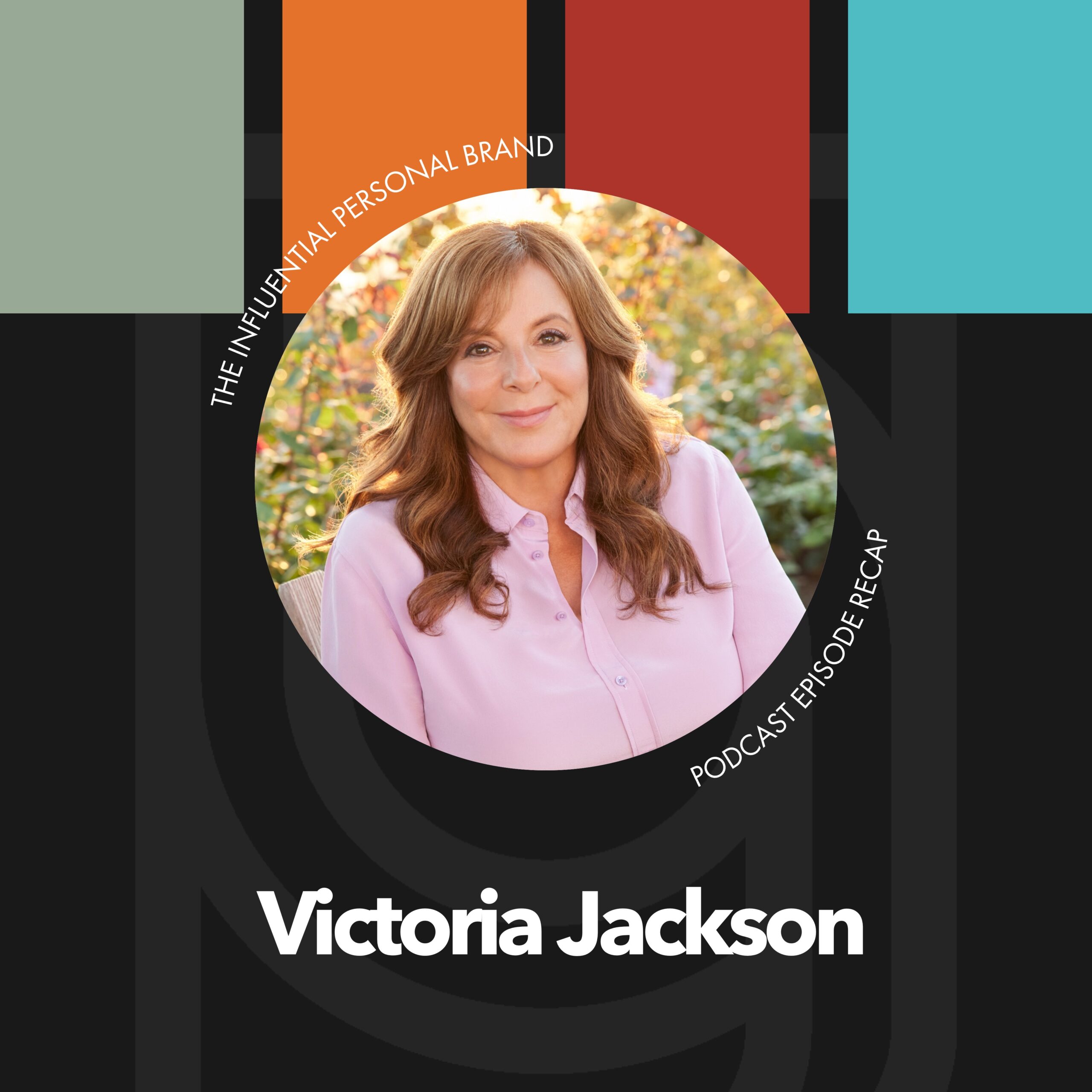AJV (00:03):
I get asked all the time, when should I write a book or more often I get told I’m going to write a book. This is the year, this is the month, this is the time of my life that I am ready to write that book. And this little 10 minute video here is all about when do you know when it’s time for you to write that book? And here’s just a couple of things that I thought would be helpful and insightful is I process a conversation that I just had with a good friend, bill Blank Shane, who is the founder of a company called Story Builders, who works with aspiring authors to become the author that they want to be and produce a book that they are proud to call their own. And I think it was a really important conversation because there is no right time.
AJV (00:55):
There is no better time, there is no worse time when it comes to actually expressing your content. Now, yes, there are times in your life that it makes sense to dedicate time, energy, and effort to writing a book. And there are times in your life where maybe it doesn’t like, right? That has everything to do with capacity, that you have to give it the time it deserves. Because writing a book is like starting a business, and it requires that amount of time, energy, effort, and resources in order to do so. And I think before I even start on this and just realizing if you actually want people to read your book, writing the book is just step one. And after you write the book is when the additional work, most of the work actually begins writing the book is just step one to a mini step process to launch and get that book out into the stratosphere.
AJV (01:46):
So when is it time to write your book? Number one, I want you to remember that the book is the very last thing you do, not the first thing. It is the conclusion, not the hypothesis. So do not rush the process to actually organize and clarify your thoughts, your stories, your points, right? This is a body of work that is meant to represent something that you think is needed in the world to help a group of people, right? Your audience, your readers, with something that you know, that you are well positioned to help them with. And that does not come quickly, right? In fact, I had a guest on the influential personal brand podcast earlier this year, and her name is Maury. And she wrote a book about negotiations, and I asked her, I said, so how long did it take you to write this book?
AJV (02:42):
And she was like, you mean like putting words on the pages? Or How long did it take me to figure out this is the book I was meant to write? And I said, both. And she said 10 years, right? 10 years. It took me 10 years to figure out what I had to say on this topic, what I was meant to say on this topic. Now, the process of actually writing the book was probably a year to two years, right? Still a fair amount of time, but it was 10 years. Why? Because she was looking for a conclusion. She was looking for the facts, right? The end points the ends of the case studies, the ends of the stories, not ideas. She was looking for conclusions, not hypotheses. So the book is the last thing you do. Once you have cemented your ideas, your thought leadership, this is once you have come up with the stories and the points and the frameworks, this is the last thing, not the first thing.
AJV (03:37):
So don’t rush the process. There are plenty of ways to get content out into the world. You can blog, you can create video content, you can podcasts, you can host a podcast, you can guess on podcasts. You can do medium, you can put LinkedIn posts, like the list goes on and on and on. There are many ways for you to be testing and piloting your content before you go through the painstakingly expensive and time consuming process of writing a book. Okay? So that’s number one. Number two, you have to know the purpose and intent of your book before you begin, because that dictates how you write it, how you decide how to publish it, how you market it, how you sell it. Knowing how you want to use this book actually is the beginning of making a lot of decisions that will be very impactful for you, your brand and your business, right?
AJV (04:29):
Is this a traditionally published book because we just, we just added a whole bunch of time to the process between finding an agent, shopping a publisher, getting bids, writing the book, publishing the book, selling, marketing, the book, right? It just added a lot of time that you may not have been prepared for, right? Versus, hey, is this really more a statement of cementing my thoughts, ideas, frameworks for my business? So maybe traditional or hybrid is a better route? And then it’s like, okay, well if I actually want people to read it, like how am I gonna market it? Right? And all these different things matter. So knowing the purpose of the book, right? Is this your your life’s work? Or is this a, you know, a solidification of a set of ideas, but not your life’s work? Those things matter. Is this to support a business model or a coaching framework that’s more better to do in a self-publishing route? Or is this a a statement piece that you are using for credibility and notoriety and you’re going for, you know, a hybrid or a traditional knowing the purpose and the use of the book, not just the content within, but the purpose of it. Are you doing it to increase fees, expand your business? What are you doing it for? Matters a lot in how you write it, how you publish it, and who we are going to market and sell the book to. And then the last, but not the least is are you
AJV (05:56):
Willing to talk about this book for the next two years at minimum, nonstop ad nauseum, right? Are you in love with this topic enough that for the next two, or in some cases 10 or 20 or 50 years, are you willing to continue to talk about the stories and the points and the frameworks and the content for the next two 10 decades ahead of where you are? ’cause That’s what you need to be willing to do because in order to actually help people find the book or read the book, you have to talk about the book, speak about the book, interview about the book, go on podcasts, about the book. You have to post content and make videos and do all the things about the book, which means it needs to be content that is meaningful to you, that’s not going to drain you and be like, oh my gosh, I’m so tired of this.
AJV (06:53):
It should also be content that’s not extraordinarily trendy, right? And so this needs to be something that has some weight to it and that you can continue to talk about it. And I’ll give you two quick examples. My husband, Roy Vaden, his first book has now been out for almost 14 years. He still does the same keynote that he did 14 years ago when the book came out. Take the Stairs. The content of that keynote has not tra changed extraordinarily. So, I mean, he’s gotten better at delivering it. But the content there in and of itself is the contents of the book. And he still loves giving that keynote and telling those stories. In fact, he just released, I, I take the Stairs kids book called Be The Buffalo because it still resonates and it’s still meaningful and it’s still important. This was a piece of his life’s work.
AJV (07:44):
And it doesn’t matter that he printed that book, published it 14 years ago. It still as relevant today as it was then, if not even more so in our lives. And we find it so relevant. It’s like we, we want our kids to learn this. So we, we published be the Buffalo, which is a kid’s book. 14 years later, he is still doing the same talks, telling the same stories, sharing the same points on a piece of work that was done 14 years ago. So can you do that with this work? That’s how you know when you’re ready, right? And the sample the second example I was gonna give you was my husband’s second book Procrastinate on Purpose, which has now been out 10 years almost or even more so maybe 11 years. And it’s the same. It’s like he still gets comments on different frameworks in the book.
AJV (08:32):
And the Ted Talk is growing even though it’s now been out for 10 years plus. And it’s like he still gets booked to speak for that. He still loves talking about it. Why? Because it’s evergreen content, it’s life content, it’s not going away, it’s leadership, it’s productivity, it’s time management, it’s business. And he will be talking about these topics for the rest of his life. I guarantee you the fact that we’re now producing new versions of those works that is just proof. But over the course of time, it was started as a book and then it was a keynote. And now we have courses and there’s kids’ books now. Like it is content that continues to grow. Why? Because it is a part of who he is. And that is what you need to be considering when you go, am I ready to write this book?
AJV (09:20):
It should be work that you are still proud of and excited to talk about 10, 14 years later. And that you’re still adding to and adjusting and building things around because it’s evergreen. That’s how you know when you are ready to write the book, it’s the last thing you do. It’s not the first thing, it’s the conclusion, not the hypothesis. You know, the purpose and intent, the use of the book, and you’re gonna be willing to continue to talk about it for years and years to come. That’s how you know. So are you ready to write that book.



